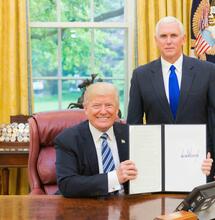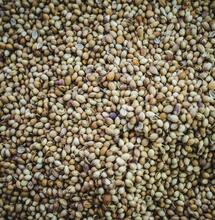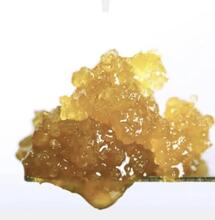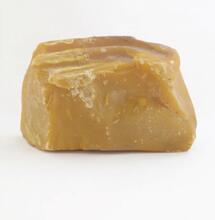Is Thailand's Cannabis Boom about to End?

Thailand legalised the cultivation of cannabis and its consumption on June 9, 2021, removing the substance from its list of banned narcotics.
The Southeast Asian countries' motivation was to boost agriculture and tourism and allow the plant to be used for medical purposes. However, lawmakers have continued to disagree on regulating and controlling the new thriving sector.
Thailand's legalisation of weed, coupled with the post-COVID return of international tourism, has created the perfect conditions for pot businesses to make huge profits. Cannabis shops selling smokeable and edible products have popped up all over the country in recent months, with a vast portion of their takings coming from the tourist market.
Although cannabis dispensaries are now popping up more often in areas, tourists don't frequent. Moreover, with the plant being decriminalised but not adequately regulated, the permits to sell and grow weed are "uncomplicated", to put it at best. The increasing access to cannabis and its profitability has prompted some to call for an outright ban.
"It was a wrong move to decriminalise cannabis without passing a regulation governing it first," - Smith Srisont, president of Thailand's Forensic Physician Association.
Under increasing pressure, Health Minister Anutin Charnvirakul, the man behind decriminalising cannabis for medical use and as a cash crop, has repeated that "cannabis was never meant for recreational purposes." And that smoking weed in public can still violate Thailand's public health laws.
A new mandate was enacted in November, so recreational smoking inside business premises was prohibited. Cannabis flower has now been classified as a controlled substance with restrictions.
Weed cannot be sold via vending machines, online or in public parks, amusement parks, places of worship or hostels anymore.
Commercial advertising is also prohibited. In addition, the existing rules limiting cannabis sales to those under 20, along with pregnant or breastfeeding women, have been extended to include school and university students.
Meanwhile, a draft bill — still stuck in parliament — aims to provide more explicit guidelines for using the plant. However, strong objections are still being raised as recreational use has not been explicitly outlawed.
Despite the regulatory apprehension, the financial prospects are too lucrative to ignore for many business owners, who are fully aware of the gap between law and enforcement in Thailand.
Whilst some business owners are busy finding loopholes, many would prefer to envisage a more viable path in the hope that Thailand's move to legalise weed is not cut short.
"Given the investment so far, I doubt there'll be a U-turn on legalisation, but it's possible. The debate is so heated because the election season is fast approaching," said one business owner.
. A director from the Ministry of Health declined to comment when asked about the cannabis debate, calling the issue "a sensitive topic."











